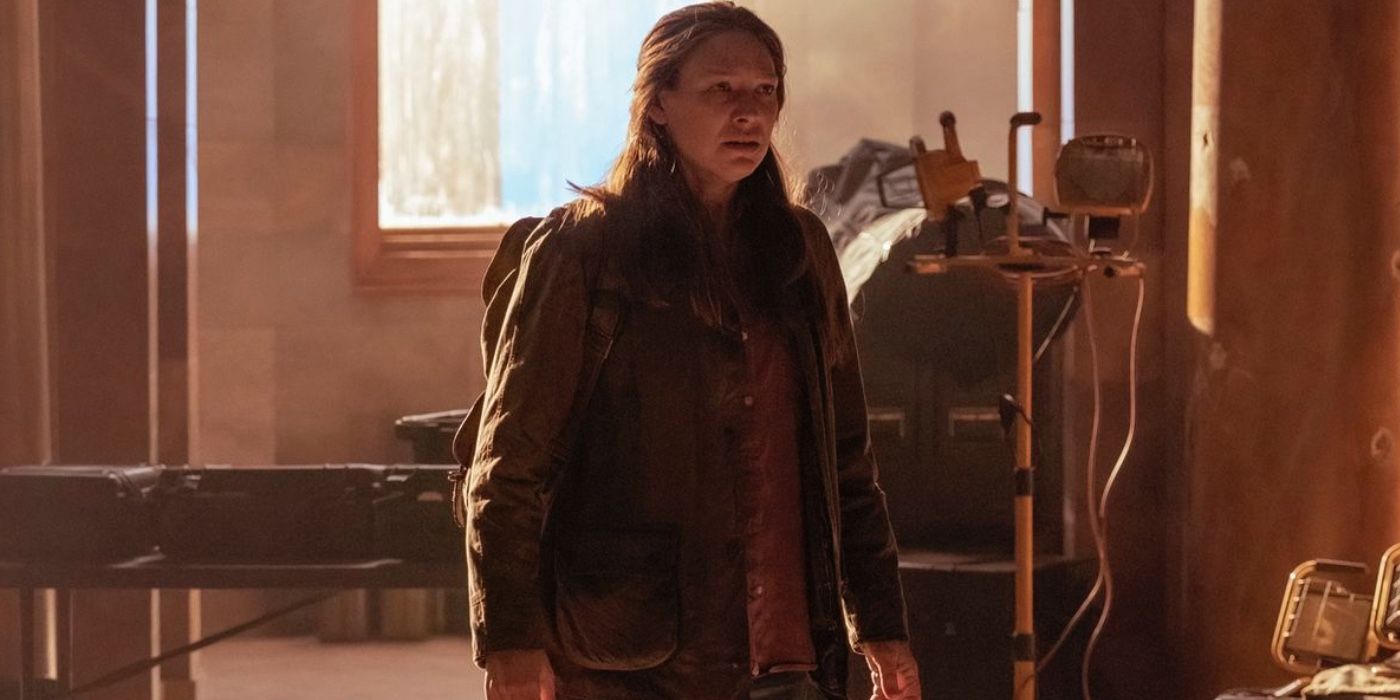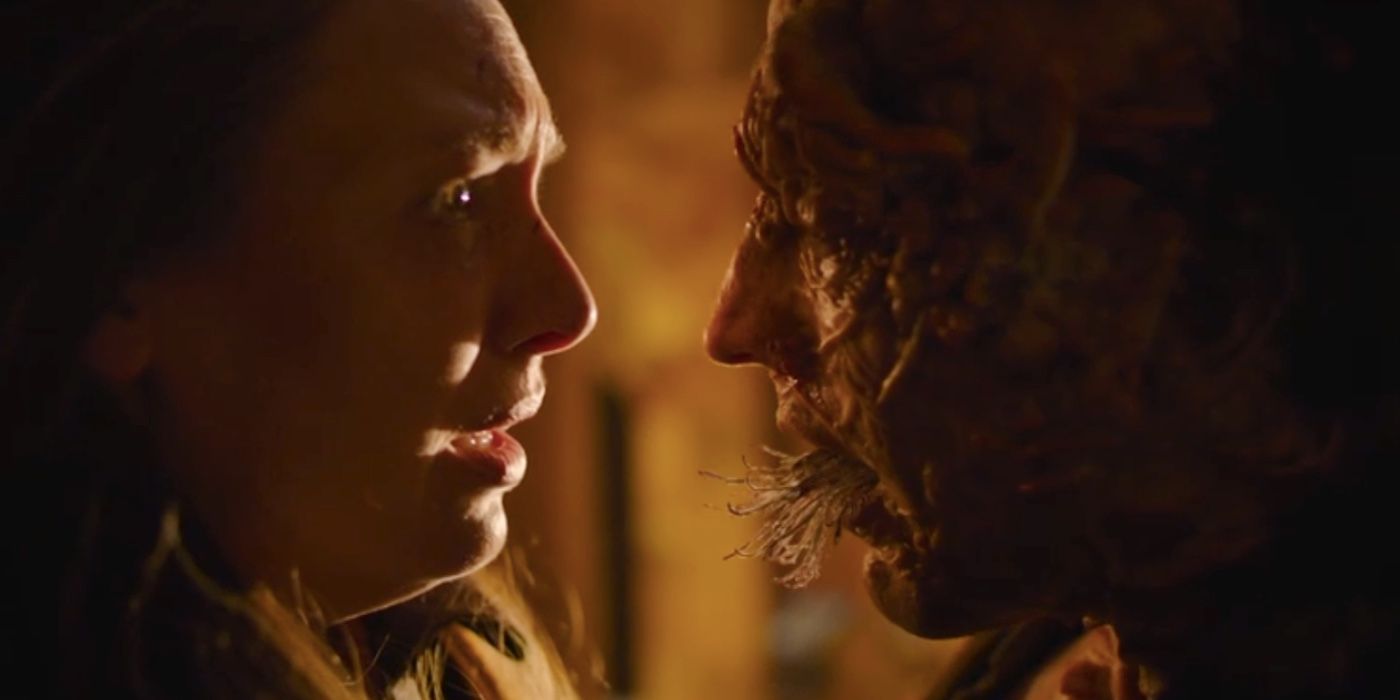The following contains spoilers for The Last of Us Season 1, Episode 2, "Infected," which debuted Sunday, Jan. 22 on HBO.
The Last of Us uses the horror genre as a tool to tell a very human story. The horror genre is fascinating to explore because its library is stocked with a wide range and variety of stories, tropes and characters so that there is something for everyone to enjoy. Horror can explore the taboo and push boundaries because the genre has permission to indulge in the worst aspects of humanity and use that as a tool for discovery or as a way to find truth or beauty in a twisted fashion. That being said, the genre has a history of problematic tropes that are tired and undercut the true potential of the story. The Last of Us is bold and has a fairly modern and respectful approach to its characters, but it still falls into the trap of problematic storytelling.
There has been controversy surrounding Season 1, Episode 2, "Infected" because of its ending, specifically how it approached Tess' death. The television adaptation changed the nature of her demise while maintaining the original sentiment. In both the game and the show, Tess' becomes infected and sacrifices her final moments of life to allow Joel to escape with Ellie. In both cases, it's part of a larger problem with storytelling where female characters are sacrificed as part of a male character's story arc. The changes the show made eroticize her death while trying to make a thematic point that applies to the series as a whole. While the message is interesting and the intent is worth unpacking, its overall execution is another example of horror's reputation for sexualizing violence against women, which undercuts the message.
Tess' Death Reflects a Major Theme of the Series
The Last of Us is a rich and deeply human story that places an emphasis on its characters' emotional journeys and explores the very nature of humanity. It suggests that while love is a beautiful thing, it can also be destructive. Love can push people to the extreme, and if this was a romantic comedy, that would mean chasing someone through an airport to make a sweeping romantic gesture. But this is a horror series, so that extreme becomes violent in expression. Tess' infection is framed like a seduction. She is bitten on her neck, in a place where a lover might have placed a kiss instead of a monster bite. Then as the infection takes hold, the Cordyceps -- using the body of a man -- approaches her and kisses her with the intention of penetrating her with the tendrils of the Cordyceps network.
Her demise represents the theme that love can be ugly. Cordyceps seeks to grow and repopulate, which is essentially like how humans fall in love and reproduce to create a family, it's just that it's a corrupt and horrifying perspective on that idea. Tess is becoming part of a new family, she's being seduced and romanced in the most invasive and perverse way possible, so it's ugly instead of wonderful. This theme of love being destructive and ugly will continue throughout the series. The Last of Us is a show about how love can be terrible, and Tess' death is a representation of that.
Tess' Death is Impactful, But its Problematic Execution Falls Flat
The thematic motivation behind the eroticism of Tess' death makes sense, but unfortunately, it lands a little flat because it carries the baggage of a problematic trope. Too often in horror, women and their pain are romanticized and sexualized for the thrill and spectacle. It's a dehumanizing and sexist trope that is all too prevalent in the genre. A genre that has many excellent female characters and filmmakers contributing to the library, but a genre that is well-known for its cruelty towards women as well. The Last of Us is an example of excellent horror storytelling, but it falls victim to these common tropes for better and for worse.
Tess' death is beautifully shot and well acted, so it's an example of great visual storytelling, but the overall message is overshadowed by the dehumanizing nature of its execution. Tess' death is supposed to elicit a response -- the audience should care about her because Joel cares about her. Her death as a story beat in the original game was also problematic because she functions as a character to die for the motivation of Joel, which is another sexist trope in genre stories. The television adaptation makes this already tender beat even more controversial, which distracts from what is otherwise an interesting expression of the show's theme.
The Last of Us airs Sundays at 9:00 p.m. on HBO and streams on HBO Max.


